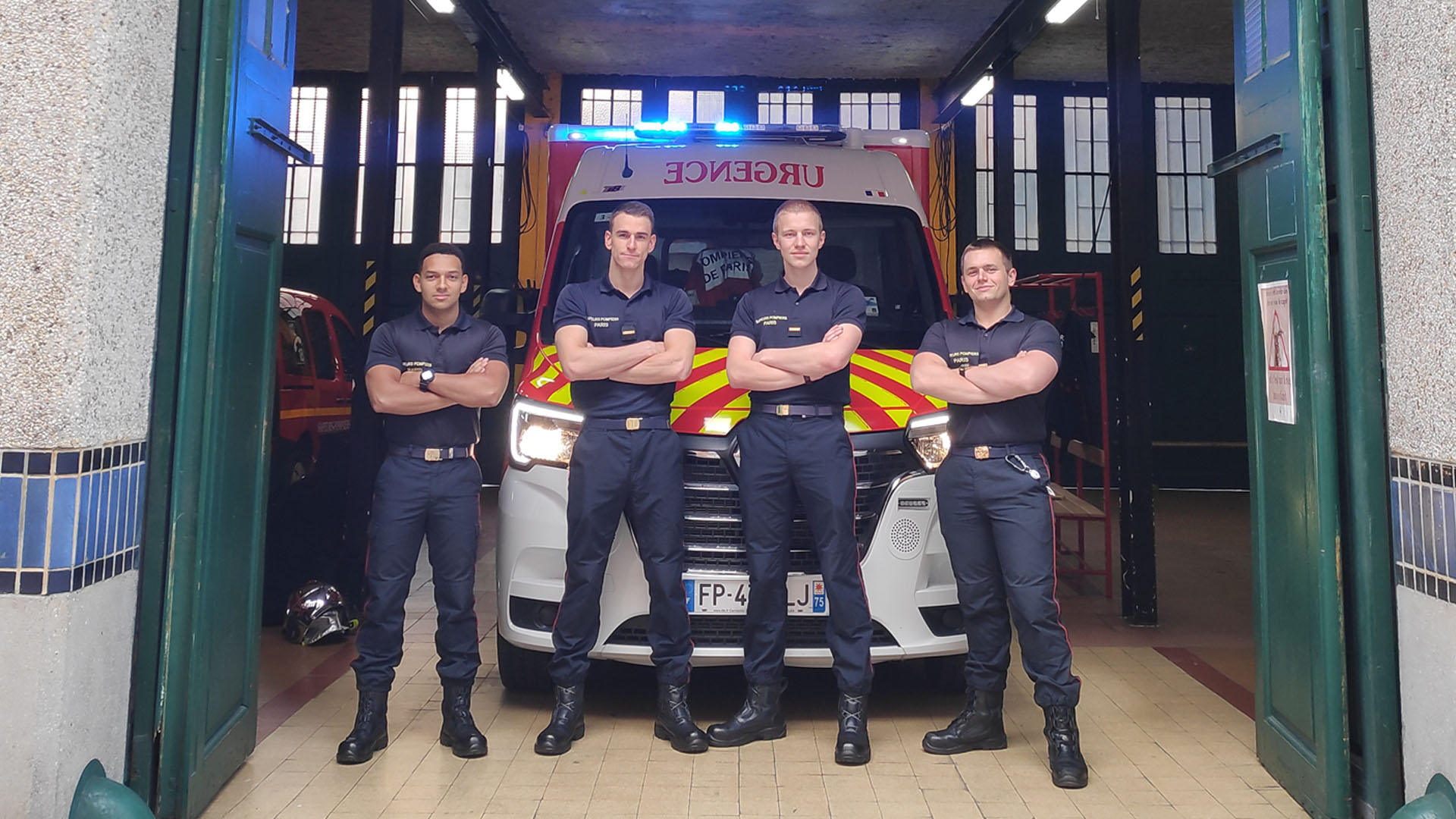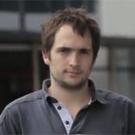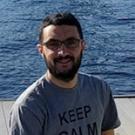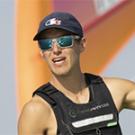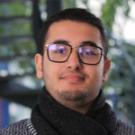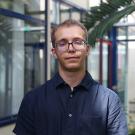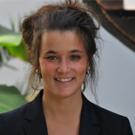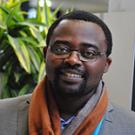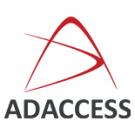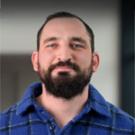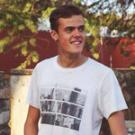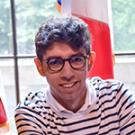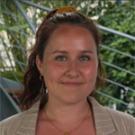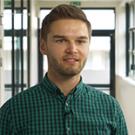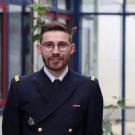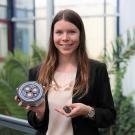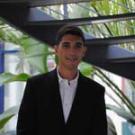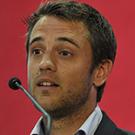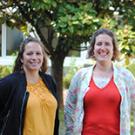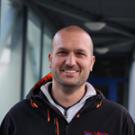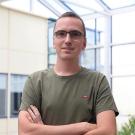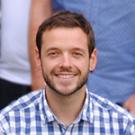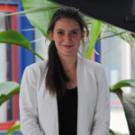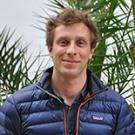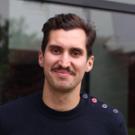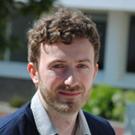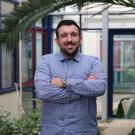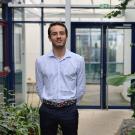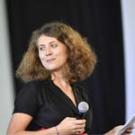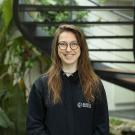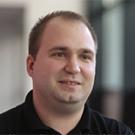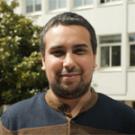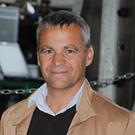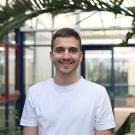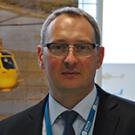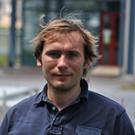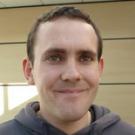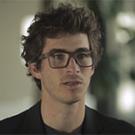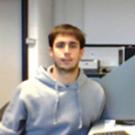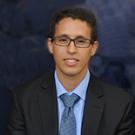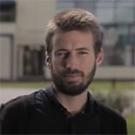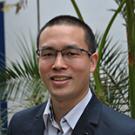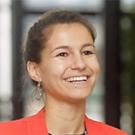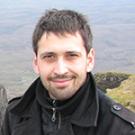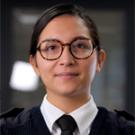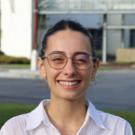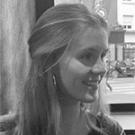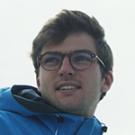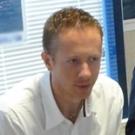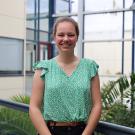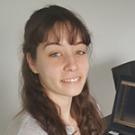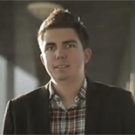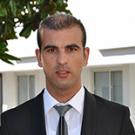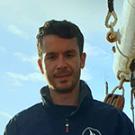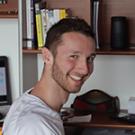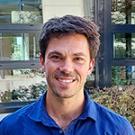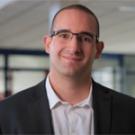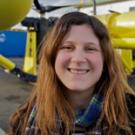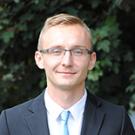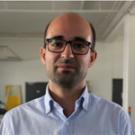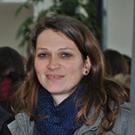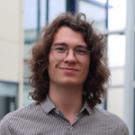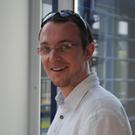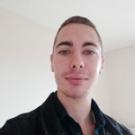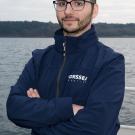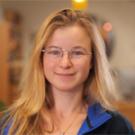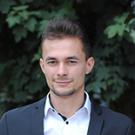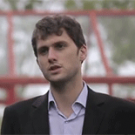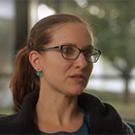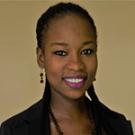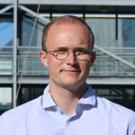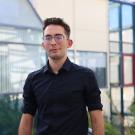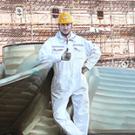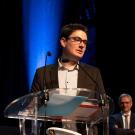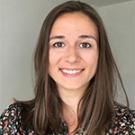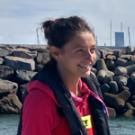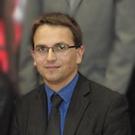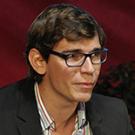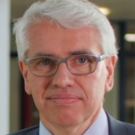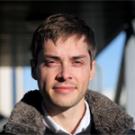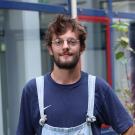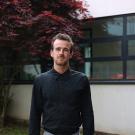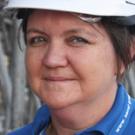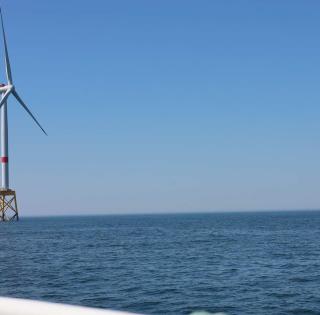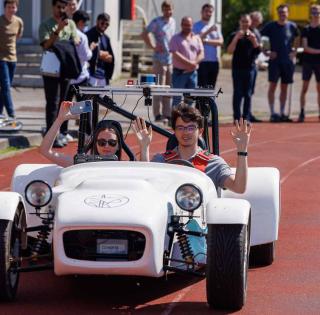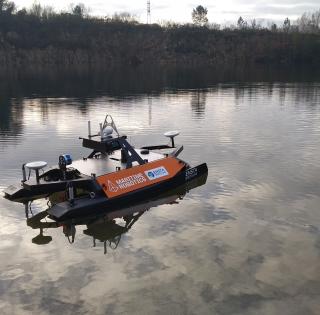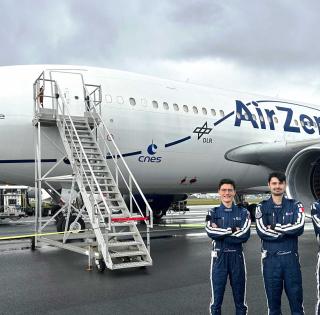
In addition, on 6 April, ENSTA Bretagne and the BSPP established an agreement enabling the IETA having carried out their Year 0 internship at the BSPP, to volunteer to go back to help during the Covid-19 crisis. That is how Théo (IETA 2021, PYRO) and Quentin (IETA 2022) in solidarity with the Paris teams, returned to work as chief VSAV (Victim Safety and Assistance Vehicle) paramedics assisting COVID-19 victims on a daily basis.
Emerys, Chris, Théo and Quentin tell us about their involvement and support alongside the BSPP teams in the daily fight against the COVID-19 virus. A very big “well done” to them!
Could you describe your activities within the BSPP?
Emerys
"It was just as I had finished my training as a chief VSAV paramedic, that I found myself hurled into this unprecedented health crisis.
At the beginning of the COVID-19 period, it was an enormous challenge: ensuring the usual life-saving missions (heart and asthma attacks, strokes, comas, road-accidents ) whilst taking care of COVID-19 call-outs at the same time. At the height of the crisis, there were more than 2,500 calls a day and over 500 call-outs per day linked to the virus. I remember that during those times, we knew when we were coming on duty in the morning, that we would only get back to the base in the evening.
The COVID-19 virus has had a major impact on the way call-outs and the entire operation are handled. For example, as soon as a victim was on board, at the slightest sign of a virus symptom, I ordered my team to put on extra personal protective equipment, including a mask, gloves, glasses, cap, over-shoes and gown to reduce the risk of contamination. As knowledge of the effects of the virus increased from week to week, I had to make sure I kept up with developments and mastered the changes in approach towards COVID-19 incidents as well as the specific protocols for the use and disinfection of the equipment. As chief paramedic, I was responsible for my staff’s involvement, and I could not for one moment risk them taking the virus home to their families. That was also why I preferred to stay at the station without going home for the last two months as we were in close contact with the virus. A small sacrifice for the greater good.
When you leave the scene, with the lights flashing, the siren sounding and a grateful Parisian crown applauding, you get goose bumps, an adrenalin rush and your dream of serving comes alive. The BSPP has placed its trust in us and we are ready to serve alongside it during the second wave.
What happens during a call-out?
Chris
"Life-saving is a real profession, a real mindset which I did not manage to adopt quickly enough. So, when the training finished I became a VSAV paramedic team member, not a leader like my classmates. That has not stopped me becoming involved in the fight against COVID-19…on the contrary.
The team member is under the leader’s orders and in contact with the victim. He is the one that administers first aid, who checks the vital signs to make sure that the victim is not in immediate danger. Our reaction is more or less the same for each call-out: first we do an overall check to assess whether the victim’s life is in immediate danger. If that is the case, we act to stabilize the victim whilst waiting for the necessary medical back-up to arrive. This routine remains unchanged during this unprecedented health crisis except for the precautions we have to take to keep ourselves and our loved ones safe.
That is to say, before we go on a suspected COVID-19 call-out, we kit ourselves out in PPE (personal protective equipment). On the spot, we limit the number of staff in contact and we protect the victim as much as possible to limit the contamination risks. Once we have finished, there is a strict undressing protocol and disinfection of the VSAV vehicle and its equipment to go through".
How do you see your support for the BSPP teams?
Théo
"When the school closed, I immediately volunteered to go back to the BSPP. It was important for me to take part in our country’s “ war effort” in my own way. It was also a way of giving something back to the Brigade for everything it brought me during my human and military training. Going back to my position as VSAV chief paramedic after one and a half years at school needed a lot of personal effort to update my knowledge in victim first aid. This investment also meant that Quentin and myself had to find a balance between our commitment and our distance learning.
Although operations have been reduced in these last few weeks after the confinement, the Sapeurs-Pompiers de Paris are still doing exceptional shifts of five consecutive days on duty for ten days off. Our commitment allows us, on one hand, to help the population of Paris by bringing them first aid, and on the other, to help out the Sapeurs-Pompiers de Paris by enabling them to take a day off during their 5 days on call. So I regard this commitment to the Sapeurs-Pompiers de Paris service and my fellow citizens with some pride as well as a lot of humility."
Quentin
I volunteered to join temporarily the Sapeur(Pompiers de Paris with great enthusiasm. We are living through a unique experience by playing an active part in the fight against COVID-19.
Since 1 February, the Brigade has carried out about 10,500 COVID-19 call-outs, shoulder-to-shoulder with the Samu emergency teams and hospital staff. Due to our commitment, we have confronted and had to adapt to these unusual call-outs week-by-week to limit the risks of the virus spreading. I have a special thought for the health staff including the Sapeurs Pompiers de Paris who have been affected by the COVID-19 virus despite all the precautionary measures. The support we have brought as chief VSAV paramedics has enabled the number of shifts carried out by the VSAV corporals and sergeants to be reduced. Thus limiting, I hope, the exposure of these fathers and mothers to a virus which could spread to and infect their loved ones.
The success of this partnership has already led to talks about an annual agreement with ENSTA Bretagne, enabling former IETA BSPP interns to return regularly during their free time to go back on call.
A very big thank you to our students and staff involved in the battle against COVID-19.
*IETA : these are armaments studies and technologies engineers. Their 4 year training prepares them for a career with the Direction Générale de l'Armement (French Procurement and Technologies Agency) under the French Ministry of Armed Forces.






